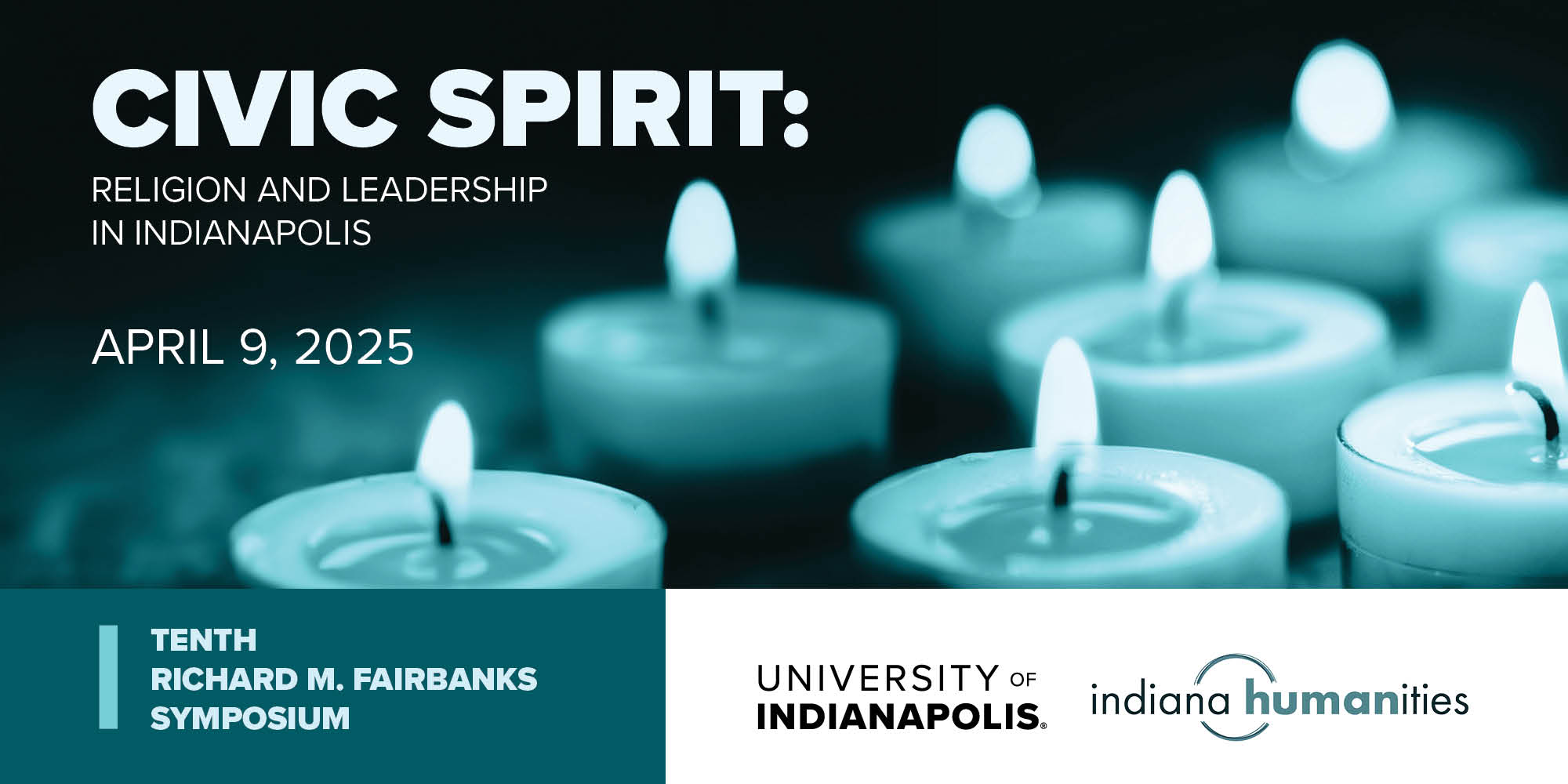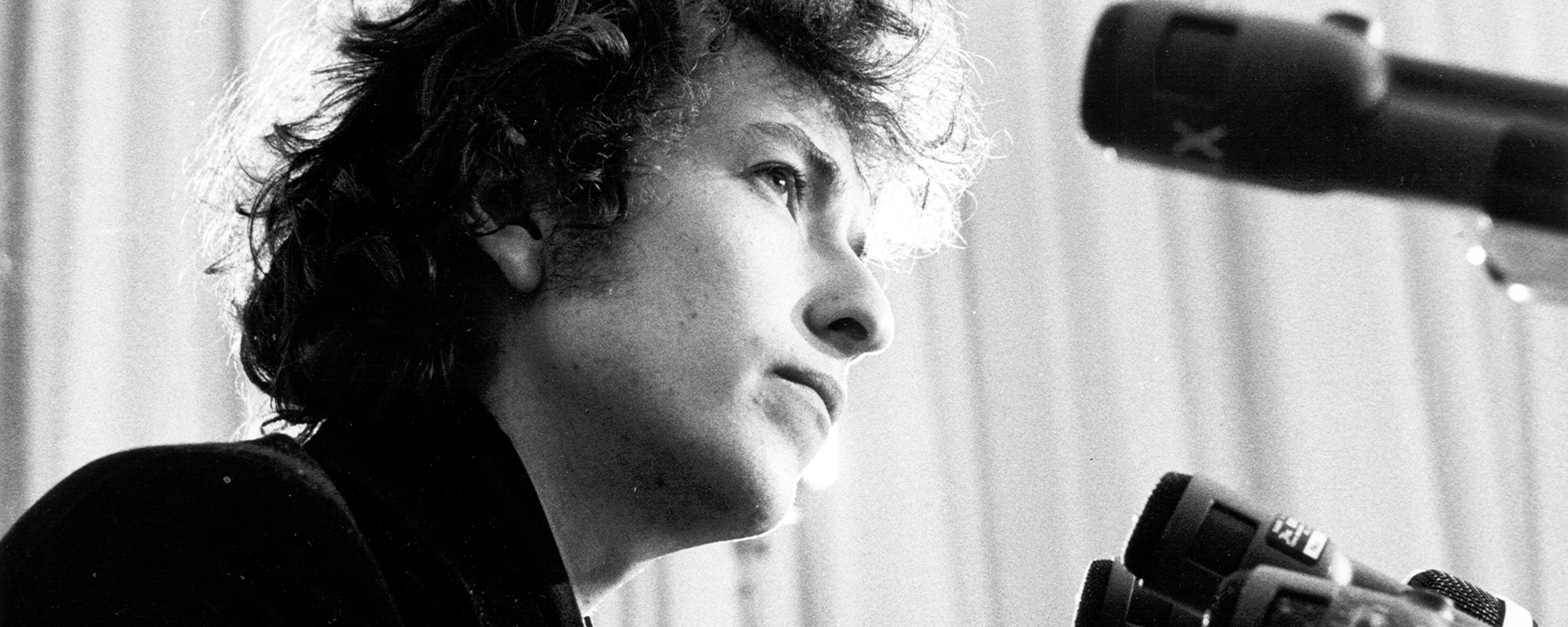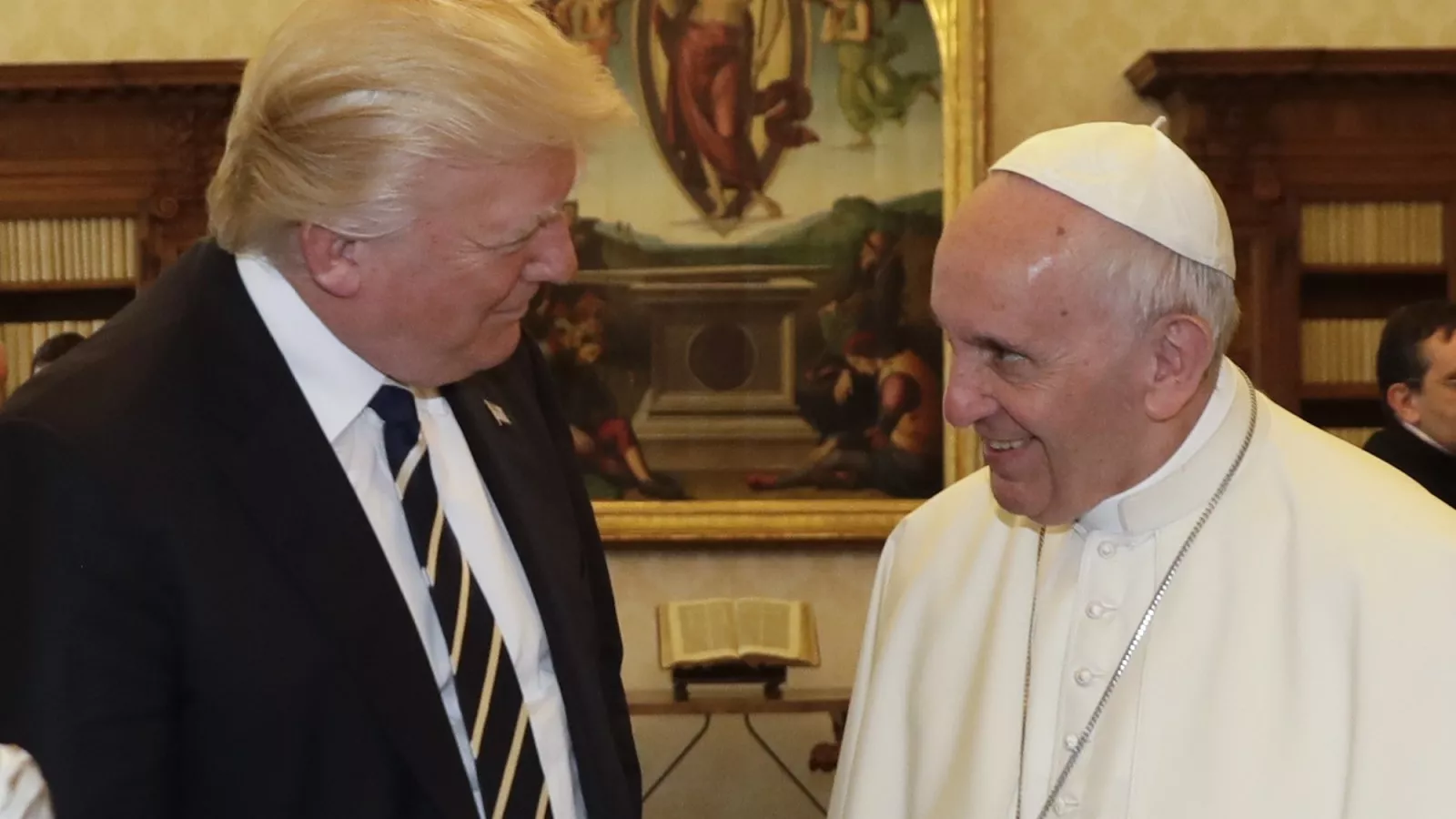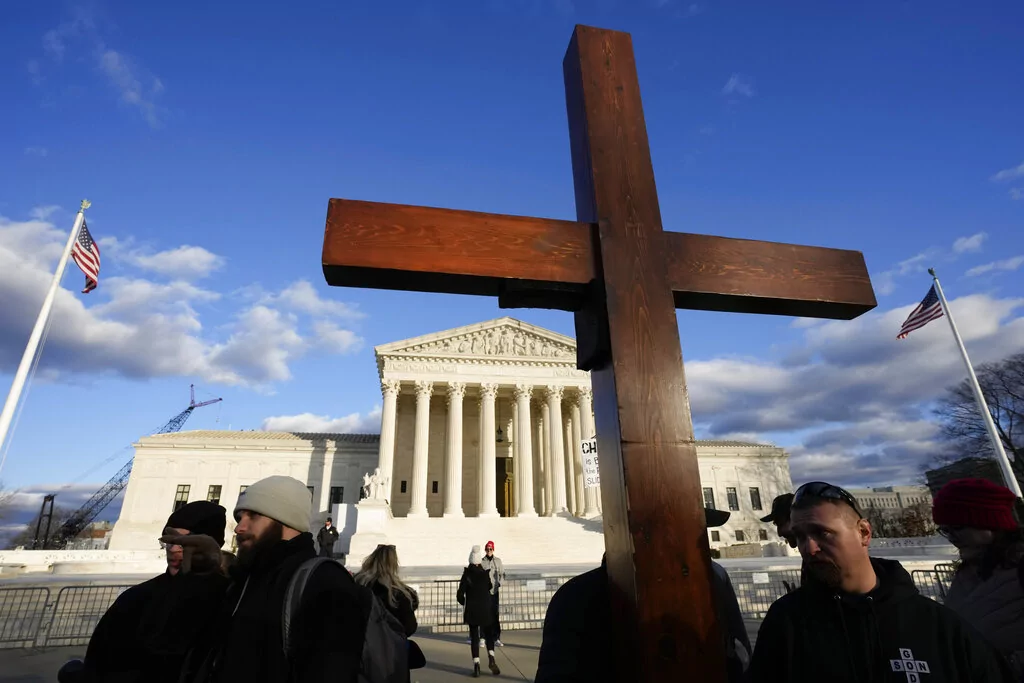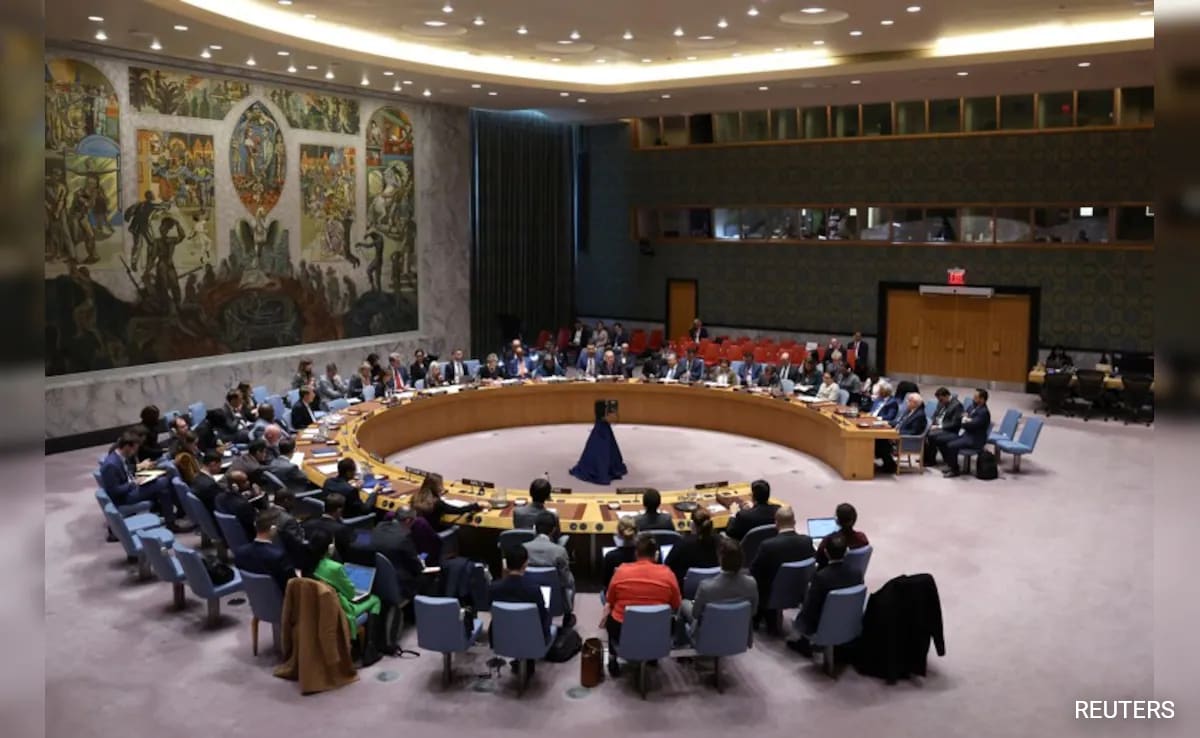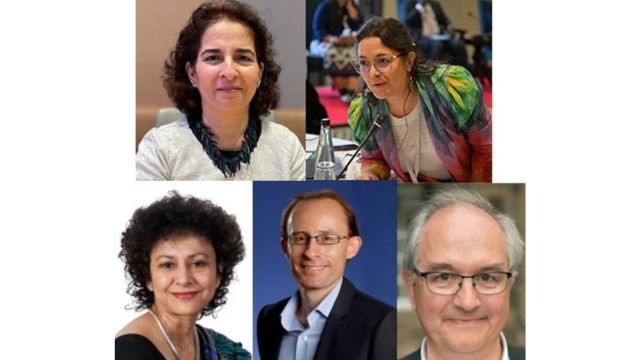Religion
2025-03-25 00:37:03
Content
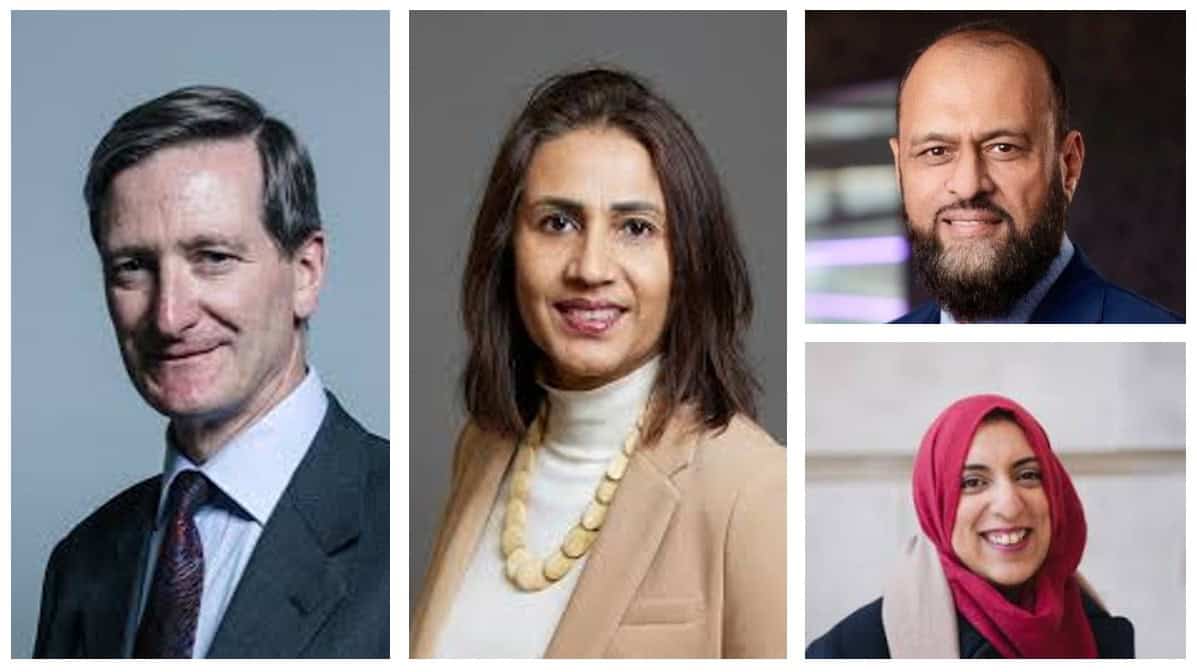
Navigating Religious Discourse: Defining Islamophobia and Global Religious Challenges
Balancing Criticism and Respect: Islamophobia Definition Debate
A critical legal discussion is emerging around defining Islamophobia, with advocates arguing that a nuanced definition will safeguard the fundamental right to critique religious practices while protecting Muslims from discriminatory rhetoric. The proposed definition seeks to create a delicate balance between intellectual discourse and protecting religious communities from harmful prejudice.
Japan's Landmark Court Case: Unification Church's Future Hangs in Balance
A pivotal legal battle is unfolding in Japan that could dramatically reshape the future of the controversial Unification Church. The court proceedings are set to examine the organization's practices and potential societal impact, with significant implications for religious freedom and regulatory oversight.
Preparing for Ramadan 2025: British Muslim Community Anticipates Spiritual Journey
British Muslims are already looking ahead to Ramadan 2025, preparing for a month of spiritual reflection, community connection, and personal growth. Community leaders are planning inclusive events and support networks to ensure a meaningful and supportive observance.
Global Faith Leaders Unite: Churches Advocate for Climate Justice
Religious institutions worldwide are taking unprecedented steps to combat climate change, calling for coordinated legal action to address environmental challenges. Churches are leveraging their moral authority and global networks to push for systemic changes and sustainable practices that protect our planet.
Navigating Religious Discourse: Challenging Perspectives and Global Dialogues in 2025
In an era of complex religious interactions and evolving societal dynamics, contemporary discussions surrounding religious criticism, institutional challenges, and global spiritual practices continue to shape our understanding of cultural diversity and freedom of expression.
Unraveling Complex Religious Landscapes: A Comprehensive Exploration of Contemporary Challenges
Defining Religious Critique: Balancing Respect and Intellectual Freedom
The ongoing discourse surrounding Islamophobia represents a nuanced intersection of cultural sensitivity and intellectual discourse. Legal frameworks and academic discussions are increasingly recognizing the delicate balance between protecting religious communities from discrimination while simultaneously preserving robust intellectual critique. Scholars and legal experts are developing sophisticated methodologies to distinguish between legitimate criticism and harmful prejudicial rhetoric, emphasizing the importance of context, intent, and scholarly rigor.
Emerging research suggests that comprehensive definitions of religious critique must incorporate multifaceted perspectives, acknowledging the complex historical and contemporary dynamics that shape religious understanding. By establishing clear, nuanced guidelines, societies can foster environments that encourage respectful dialogue while protecting marginalized communities from systemic discrimination.
Judicial Perspectives: The Unification Church's Institutional Challenges in Japan
The landmark court case involving the Unification Church in Japan represents a critical moment in examining religious organizational accountability. Legal proceedings are meticulously exploring the intricate relationships between religious institutions, individual rights, and societal expectations. Japanese judicial systems are carefully evaluating the church's operational practices, financial structures, and potential societal impacts.
Experts argue that this case transcends mere institutional evaluation, representing a broader examination of religious freedom, organizational transparency, and potential systemic manipulations. The potential outcomes could establish significant precedents for how religious organizations are perceived, regulated, and held accountable in contemporary democratic societies.
Spiritual Observances in Multicultural Contexts: Ramadan 2025 in Britain
The anticipation of Ramadan 2025 in Britain highlights the increasingly diverse and inclusive nature of contemporary spiritual practices. Muslim communities are preparing for a month of profound spiritual reflection, community engagement, and cultural celebration within a multicultural British landscape. Urban centers are developing comprehensive strategies to support diverse religious observances, demonstrating a commitment to cultural understanding and mutual respect.
Community organizations are collaborating to create inclusive environments that honor traditional practices while fostering interfaith dialogue. Educational institutions, workplace environments, and public spaces are adapting to accommodate the unique spiritual and cultural needs of Muslim communities, reflecting a progressive approach to religious diversity.
Environmental Advocacy: Religious Institutions and Global Climate Action
Churches worldwide are emerging as significant advocates for comprehensive global legal action against climate change. Religious institutions are leveraging their moral authority and extensive networks to drive meaningful environmental policy transformations. This unprecedented mobilization represents a strategic convergence of spiritual principles and scientific understanding.
Theological perspectives are increasingly integrating environmental stewardship as a fundamental spiritual responsibility. Religious leaders are developing sophisticated arguments that connect ecological preservation with fundamental moral and ethical principles, transcending traditional denominational boundaries and creating powerful, unified advocacy platforms.
The collaborative efforts demonstrate how religious institutions can serve as catalysts for global systemic change, bridging philosophical commitments with practical environmental strategies.

